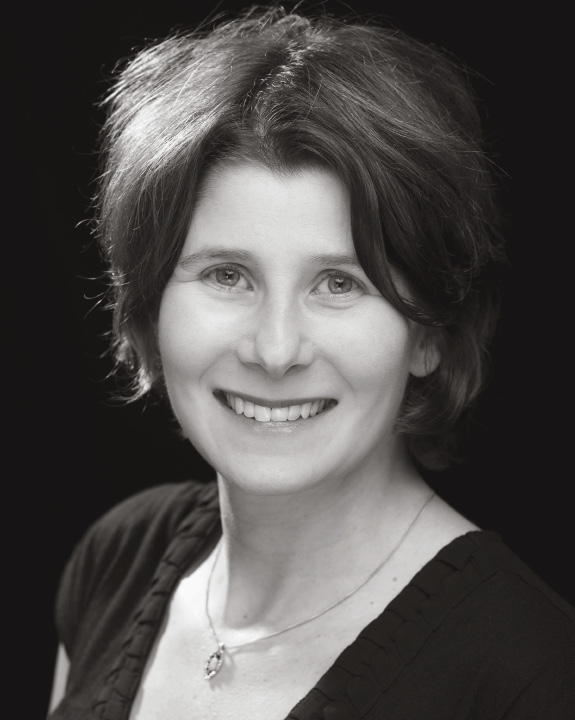 In 1939, the great-grandfather of playwright Andrea Stolowitz began keeping a diary. He was a Jewish doctor who had escaped Berlin in 1936 and settled in New York City. Stolowitz did not learn of the diary until 2006, and several years later she went to Berlin and tried to learn more about him. She uncovered information that the diary never mentioned, including the somber discovery that several of his relatives had died in the Holocaust.
In 1939, the great-grandfather of playwright Andrea Stolowitz began keeping a diary. He was a Jewish doctor who had escaped Berlin in 1936 and settled in New York City. Stolowitz did not learn of the diary until 2006, and several years later she went to Berlin and tried to learn more about him. She uncovered information that the diary never mentioned, including the somber discovery that several of his relatives had died in the Holocaust.
That journey is the inspiration for Stolowitz’s play Berlin Diary, which had a sold-out run in Berlin last fall and will be performed in her hometown, Portland, Ore., in April. It was the first time Stolowitz had put herself in a play as a character, “and it scared the pants off me,” she says. But she pushed ahead anyway, hoping the play could help explore the ways historical trauma can affect a family for generations to come.
Interviewing real people as the basis for her characters was a familiar methodology for Stolowitz. For her 2013 play Ithaka, she talked to military veterans to help her craft the story of a female marine returning home from Afghanistan and the difficulty she faces coping with the effects of war.
Stolowitz first realized theatre “could be a force for societal change,” she says, while studying abroad in Moscow during the early ’90s, when it felt like “everyone was going to the theatre looking for answers.” She transferred to Barnard from Hampshire College to study Russian literature and theatre. Within two years of her graduation, two of her plays had made it to the stage in small New York City theatres. After earning an MFA in playwriting from the University of California, San Diego, she taught playwriting and screenwriting at Duke University, then settled in Portland.
Her next project, a play about the current refugee crisis in Europe called Refugee Radio, will examine another historic moment of upheaval. Seismic events that create deep trauma, Stolowitz says, demand that others study and try to come to terms with them.
